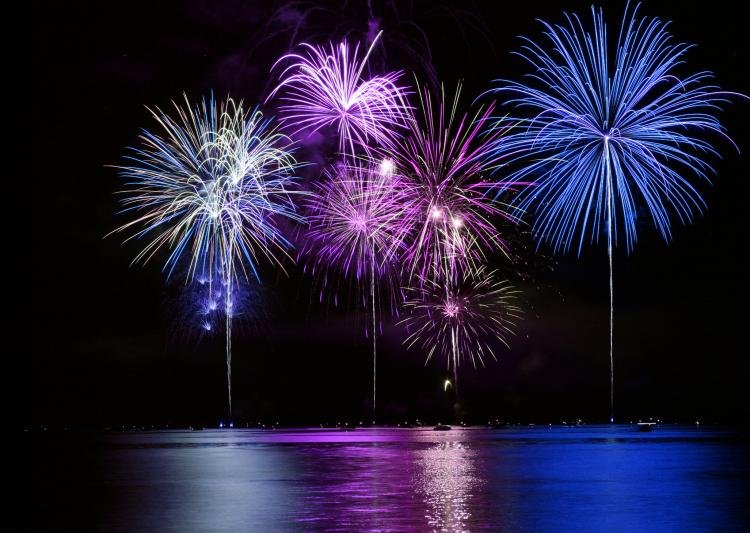New Year’s Day is a happy occasion, which is celebrated every year on January 1 as per the modern Gregorian calendar. Around the world, people commemorate the occasion with their family and friends, wishing them good luck for another year. People have get-togethers, cook for their loved ones, and plan outings on this day.
New Year’s Day History
It is said that the New Year concept originated in ancient Babylon about 4000 years ago, in 2000 BC. Babylonians conceptualized the new year with an 11-day celebration “Akitu” that included a different rite on every single day, on the first new moon after the vernal equinox (around late March). The festival commemorated the victory of the sky deity Marduk over the Sea goddess Tiamat.
New Year’s Day Significance
New Year’s Day celebrations in most countries start on December 31, which is New Year’s Eve, and continue till the early hours of January 1. During this time, party-goers share meals and pray for good fortune in the coming year. It is believed that the new year is a new and clean slate, that’s why people start afresh and make some resolutions.
Why do we celebrate New Year’s Day on January 1?
The early Roman calendar became out of sync with the sun over the years, and in 46 BC, emperor Julius Caesar want to resolve this problem by contacting the most important astronomers and mathematics of that period. Hence,


